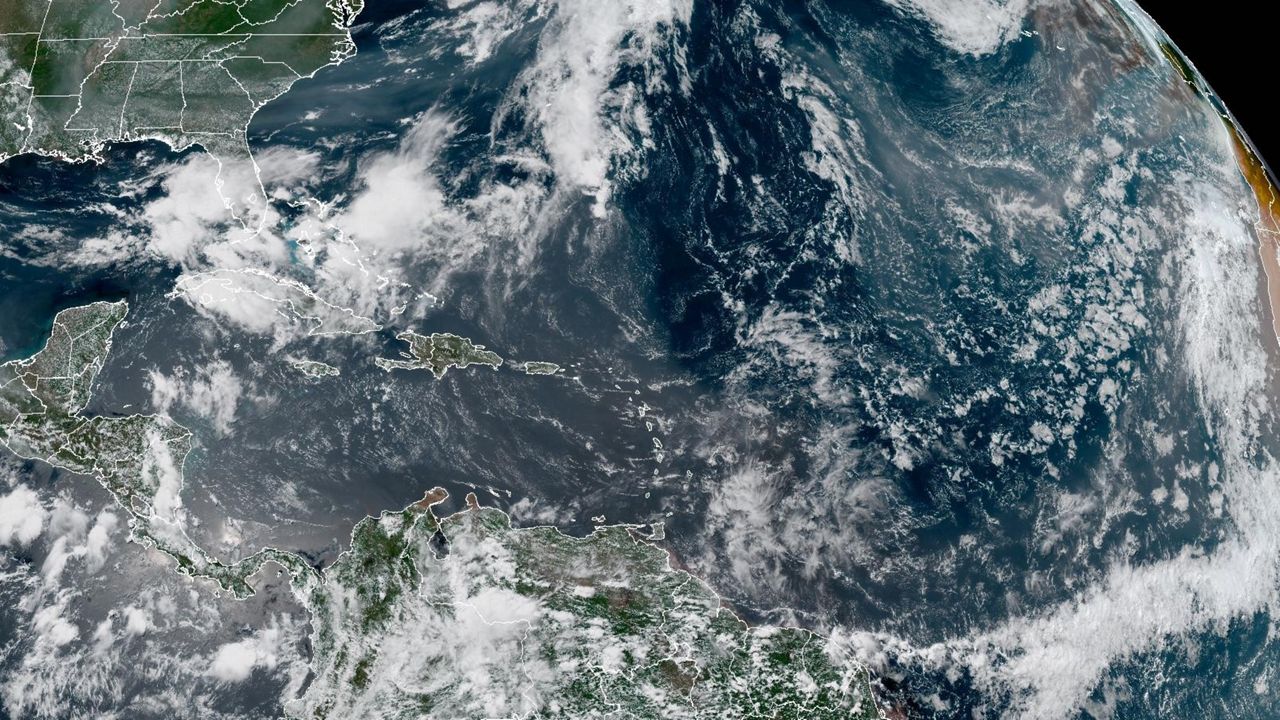RALEIGH, N.C. -- Gov. Roy Cooper on Friday declared a state of emergency in North Carolina as the state prepares for the arrival of Hurricane Isaias.
The governor and emergency management leaders are urging residents to track the storm and prepare for wind and rain.
Under the state of emergency, Cooper has issued transportation waivers that will allow trucks and supplies to move quickly to areas where help is needed. Officials say the state Emergency Operations Center as well as state and local response teams are active and ready.
“Although the track and arrival of the hurricane could still change, now is the time for North Carolinians to prepare,” Cooper said in a statement. “Hurricane preparations will be different given the COVID-19 pandemic, and families need to keep that in mind as they get ready.”
The North Carolina National Guard has 75 guardsman and high water vehicles on standby should they be needed to respond. The North Carolina Department of Transportation is also ready with staff and equipment to respond where needed.
NCDOT says it is also working to assist with evacuations in Ocracoke, and has waived tolls on evacuation routes and started preparing facilities and mooring plans for vessels.
Officials say they're urging anyone forced to evacuate to please make every effort to stay with family, friends, or a hotel as their first option while the state continues to battle the COVID-19 pandemic. For those who need it however, the state says it will coordinate shelters for those evacuating.
People should follow local evacuation orders if they be issued. "Evacuees may find that sheltering looks different this year," according to a release. Some changes may include:
- Residents and visitors seeking shelter will be screened for COVID-19 symptoms. If an individual has COVID symptoms, they will be redirected to a non-congregate sheltering option where they can more easily isolate.
- Social distancing means fewer residents in shelters, and if needed, more facilities and volunteers to shelter the same amount of people as in previous seasons.
- Maximizing space requirements may mean not all shelters will offer cots. Be prepared to provide your own bedding and care items.
- Meals will be served in sealed containers and shelters will move away from serving lines or buffets to minimize the potential exposure of everyone in the shelter."
For more information storm preparation click here.
North Carolina recently introduced the Know Your Zone program in the state's 20 coastal counties. For more information or to learn your zone, click here.








